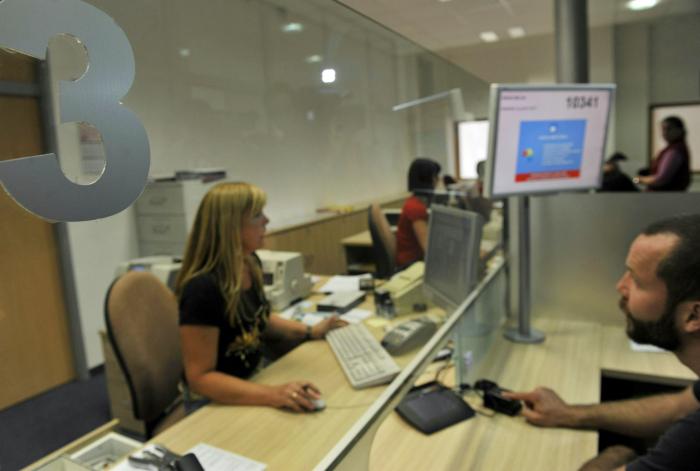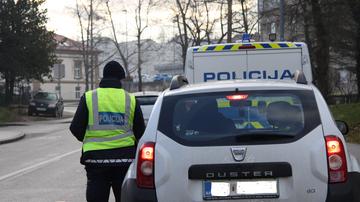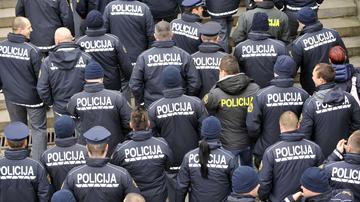
Due to long queues, not enough space and staff shortage, employees have to stay at work hours after their shift ends. The biggest queues are at the Department for Foreign Citizens.
"There was an inglorious record one Wednesday in September when some of the employees had to stay at work until 10 p.m.," said unionist Dragan Stankovič. "The biggest concern is that employees never know, when will they have to stay late. They are nervous all day, worrying about what will happen and ultimately, the customers’ problems do not get solved, as workers are constantly under a lot of stress," added the unionist Ana Jakopič.
Employees at the Ljubljana Administrative Unit have flexible working hours, the hours are recorded and the employees can use their excess hours. In addition to that, they also get paid for the increased workload. However, extra hours are not paid as overtime. Head of the Unit Lovro Lončar: "Look, we were discussing these issues with the union for a very long time, how to sort things out. Ultimately, we also have an inspection in this regard and we will see, how to regulate this matter."
The Ministry of Public Administration says that problems could be solved by redirecting clients, by appropriately rewarding the employees, and as an extreme measure, they suggest a daily quota of customers. How is everything right now? The unionist explained: "The customers know that even if they come one minute before the end of the office hours, the employees will have to help them, regardless of whether this means they have to work until 10 p.m."
The requirements of the employees are clear – they stop working at the end of the office hours, or at least at the end of their shift. If they do not come to an agreement, the unions will announce the escalation of the strike, which could also mean that the work would completely stop.
The Slovenian Press Agency (STA) reports, that the strike is not one day long or only a warning, but that it will last until the cancellation.



























































